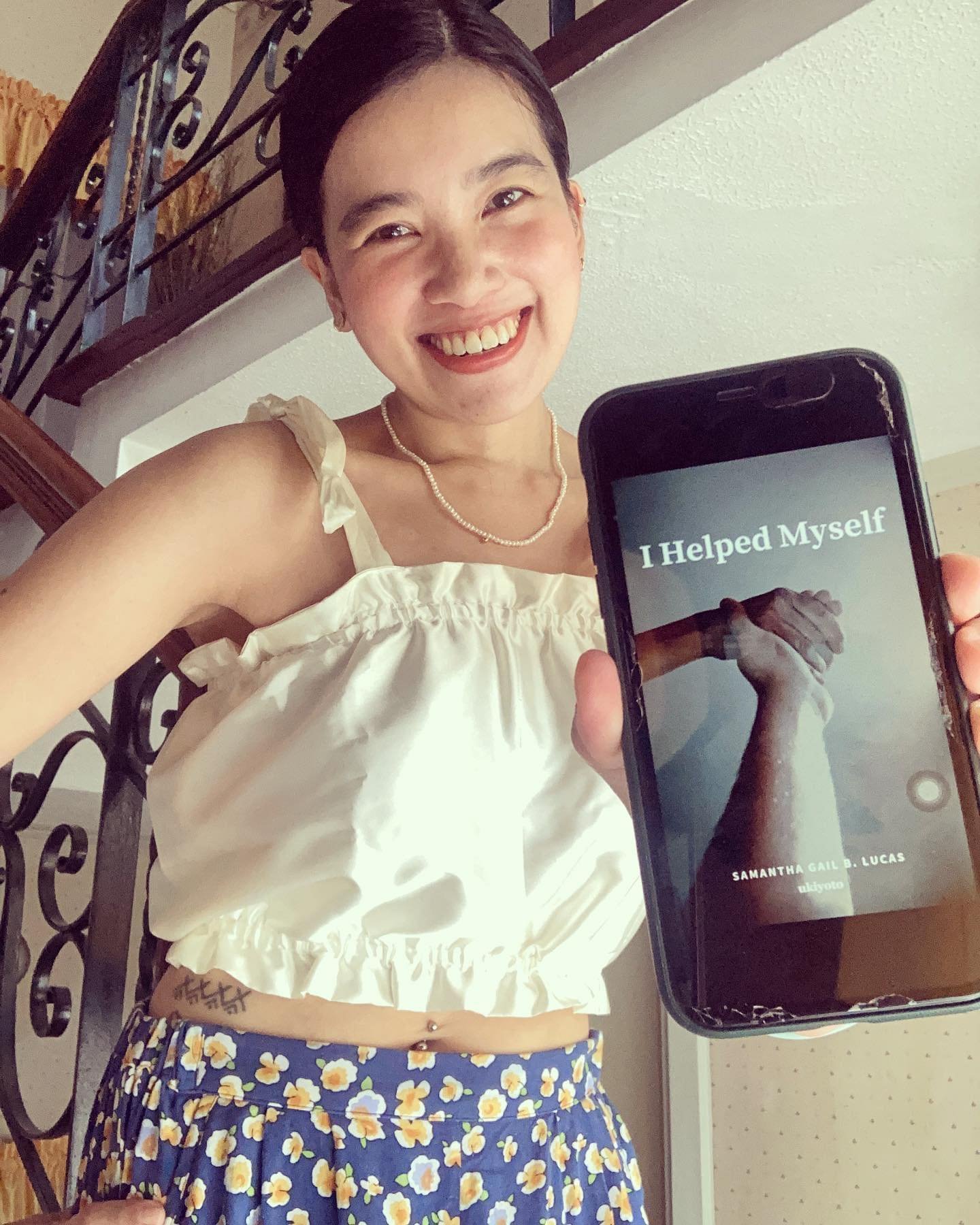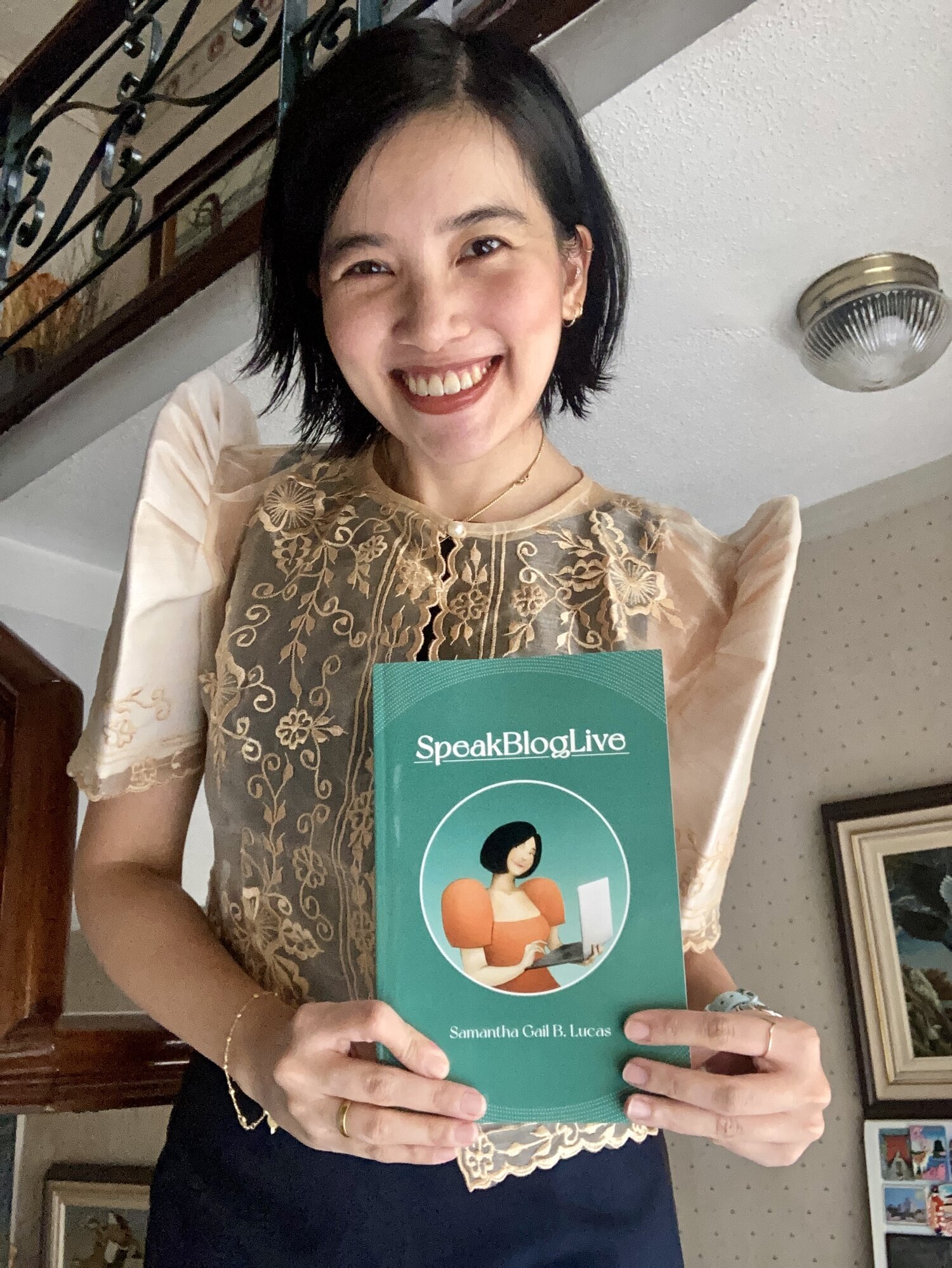One in three women experience violence in the hands of intimate partners, according to the ADB.
This disturbing statistic applies to women around the world. As a woman, I am appalled that this is still happening in this day and age. However, gender-based violence remains a sad reality, and there are plenty of women who are voiceless in their struggles with gender-based violence. This is not confined to developing countries. There is violence against women everywhere, even in the workplace.
I attended the International Day for the Elimination of Violence Against Women at the Asian Development Bank because I want to be empowered as a woman. I am fortunate that I am able to choose any job I want, that I belong to a privileged family, and I am able to freely write this blog entry without the threat of violence and harassment. However, I am aware of the reality of violence against women. I do not want to wait for gender-based violence to become an accepted reality.
We need to speak more about gender-based violence so that people will know that this is wrong. Safety should be the general concern, and sexual harassment (yes, even in public transport!) must not be tolerated. We also need to eliminate rape culture. Men must get involved, because this is their issue as well.
I was fortunate to listen to Ms. Sharmeen Obaid-Chinoy, an award-winning Pakistani journalist, filmmaker, and activist. She is the epitome of girl power. She began her activism at the age of fourteen, when she began to write articles in English newspapers on topics like bullying, poverty, and violence. This curiosity and knack for getting involved led to a lifetime of campaigning for what is right. She never backed down and continued writing, and later, became a filmmaker on controversial issues in Pakistan. She has gone on to win two Academy Awards and an Emmy for her documentaries.
She spoke about her advocacy to speak about the truth, even when it is difficult. She studied in Smith College and Stanford University in the US. She is a self-taught filmmaker and she continued to write articles as well. She also became an international speaker on subjects like gender equality and the refugee crisis, and it was truly an honour to listen to her speak at the ADB.
She said that we must “never let anyone tell us that we cannot do what we want to do”.
Ms. Obaid-Chinoy believes that gender-based violence is something that everyone can relate to, no matter what social class or geographical location we are situated in. She said that everyone has been uncomfortable with walking down the street or has heard of someone being harassed on the street at some point. This is why she hopes that her films can create empathy for those who have been harassed, and to influence people to create a safe society where everyone can thrive without experiencing gender-based violence.
My blog is called speakoutsam because I want to share the truth. I want to have a voice. Ms. Obaid-Chinoy has moved me to use my voice to continue telling the truth and sharing my insights. I am passionate about writing and self-improvement, and I cannot improve myself without speaking against gender-based violence. I will use my freedom to speak out for opportunities that can uplift women and improve our society as a whole. I am very lucky. I want to share what I have and it begins with the freedom to type this entry and publish it online.
Stories are powerful, and can spark change.
I was also able to watch Ms. Obaid-Chinoy’s documentary, A Girl in the River: The Price of Forgiveness. It was moving, to say the least, and I have no words on how powerful the message is against honour killings in Pakistan.
Ms, Obaid-Chinoy has shared that she is fortunate to belong to a family who prioritizes education. She wants to use her films to teach students about difficult issues, and to empower women. I get her message, and I am inspired to do my share to educate myself (because it all begins in the self) and to share positivity.
Recently, I exited a situation where I felt that I was not respected as a woman. It was painful because I felt attached, but I had to do it because this is about self-respect. Like what Ms. Obaid-Chinoy said, gender-based violence is about power. It is neither about culture or religion. By leaving that situation, I restored the power back to myself. I learned to respect myself again. Now, I am free to speak my mind again and I am enjoy being myself again. And that is empowering as a woman and as a human being.
***Comments are welcome at speakoutsam@gmail.com***
































